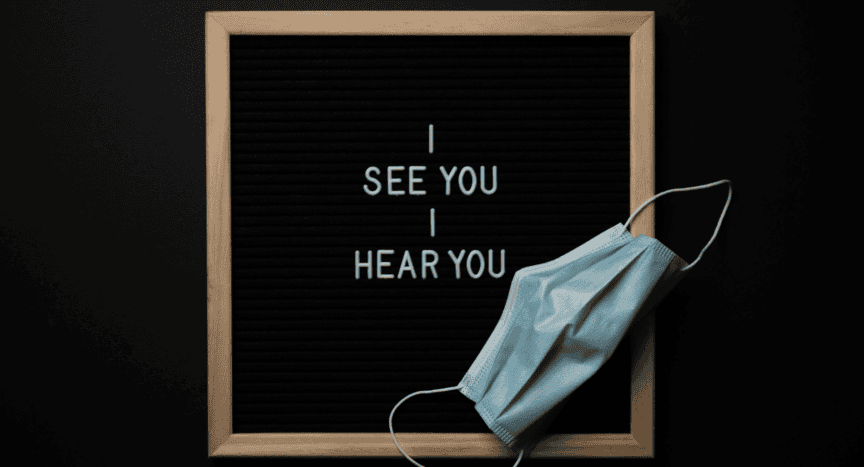Understanding how our senses work together helps us appreciate the complex and fascinating design of our bodies. Our ears and eyes, though serving distinct functions, are intricately connected and often work together to enhance our perception of the world. We will explore the connection between hearing and vision, the ways these senses collaborate, and the importance of maintaining their health through regular check-ups, including hearing health exams.
What Your Ears and Eyes Do
To begin with, our ears and eyes are both crucial for gathering information from our environment. The ears pick up sounds, helping us understand speech, enjoy music, and stay alert to danger. Meanwhile, the eyes capture light and images, allowing us to see and navigate our surroundings. These sensory inputs are processed by the brain, which integrates the information to create a comprehensive understanding of the world around us.
One of the most significant connections between hearing and vision is their role in balance and spatial orientation. The inner ear contains the vestibular system, which helps regulate balance. This system works closely with the visual system to keep us stable and coordinated. When we move, our eyes send visual cues to the brain, while the vestibular system sends information about the position and movement of our head. This collaboration ensures that we can walk, run, and perform various activities without losing our balance.
Balance of Both
In addition to balance, hearing and vision work together to enhance communication. For example, when we listen to someone speak, we often rely on visual cues like lip movements, facial expressions, and gestures to fully understand the message. This is especially important in noisy environments where hearing alone may not be sufficient. By combining auditory and visual information, our brains can fill in gaps and improve our comprehension of speech.
Another important connection between our ears and eyes involves their shared vascular and neural networks. Both organs are supplied by blood vessels that provide essential nutrients and oxygen. Similarly, the nerves that carry sensory information from the eyes and ears to the brain are part of the same intricate network. This close relationship means that issues affecting one sense can sometimes impact the other. For instance, certain neurological conditions or circulatory problems can simultaneously affect hearing and vision.
Our Sensory Systems
Our sensory systems are interconnected through the brainstem and various neural pathways. The brainstem processes sensory information from both the auditory and visual systems, coordinating responses and reflexes that help us react to our environment. For example, when we hear a sudden loud noise, our eyes instinctively turn towards the source of the sound. This rapid response is crucial for our safety, as it helps us quickly identify potential threats.
Maintaining the health of both our ears and eyes is essential for our overall well-being. Regular hearing health exams and eye check-ups can help detect problems early, allowing for timely intervention and treatment. Hearing loss, for instance, can be managed more effectively if caught early. During a hearing health exam, a provider can assess your hearing ability and recommend solutions such as hearing aids if necessary. Similarly, regular eye exams can detect issues like cataracts, glaucoma, or macular degeneration before they significantly impact vision.
Lifestyle Choices
Lifestyle choices also play a vital role in preserving both hearing and vision. Protecting your ears from loud noises, such as wearing earplugs at concerts or in noisy work environments, can prevent noise-induced hearing loss. For your eyes, wearing sunglasses that block UV rays and taking breaks from screens can help reduce the risk of eye strain and other vision problems. Additionally, a healthy diet rich in vitamins and minerals supports both auditory and visual health. Foods high in antioxidants, omega-3 fatty acids, and vitamins A, C, and E are particularly beneficial.
Our ears and eyes are connected through their roles in balance, communication, and shared vascular and neural networks. They work together to enhance our perception and understanding of the world. By taking care of both senses through regular health exams and healthy lifestyle choices, we can ensure they function optimally throughout our lives. Understanding and appreciating the connection between our ears and eyes highlights the importance of comprehensive sensory health care.

